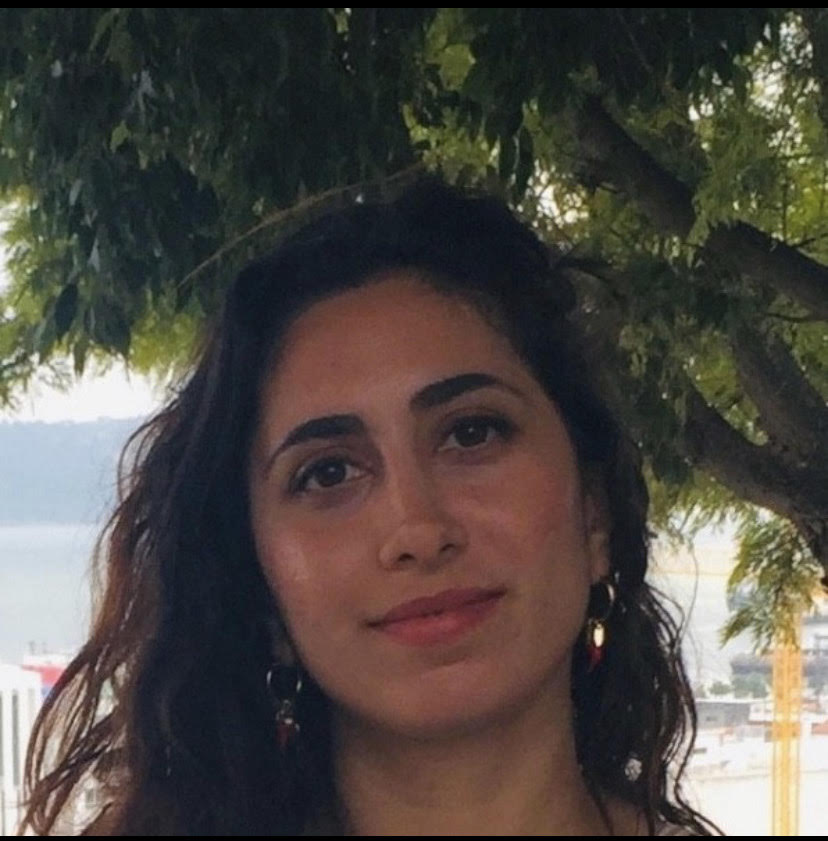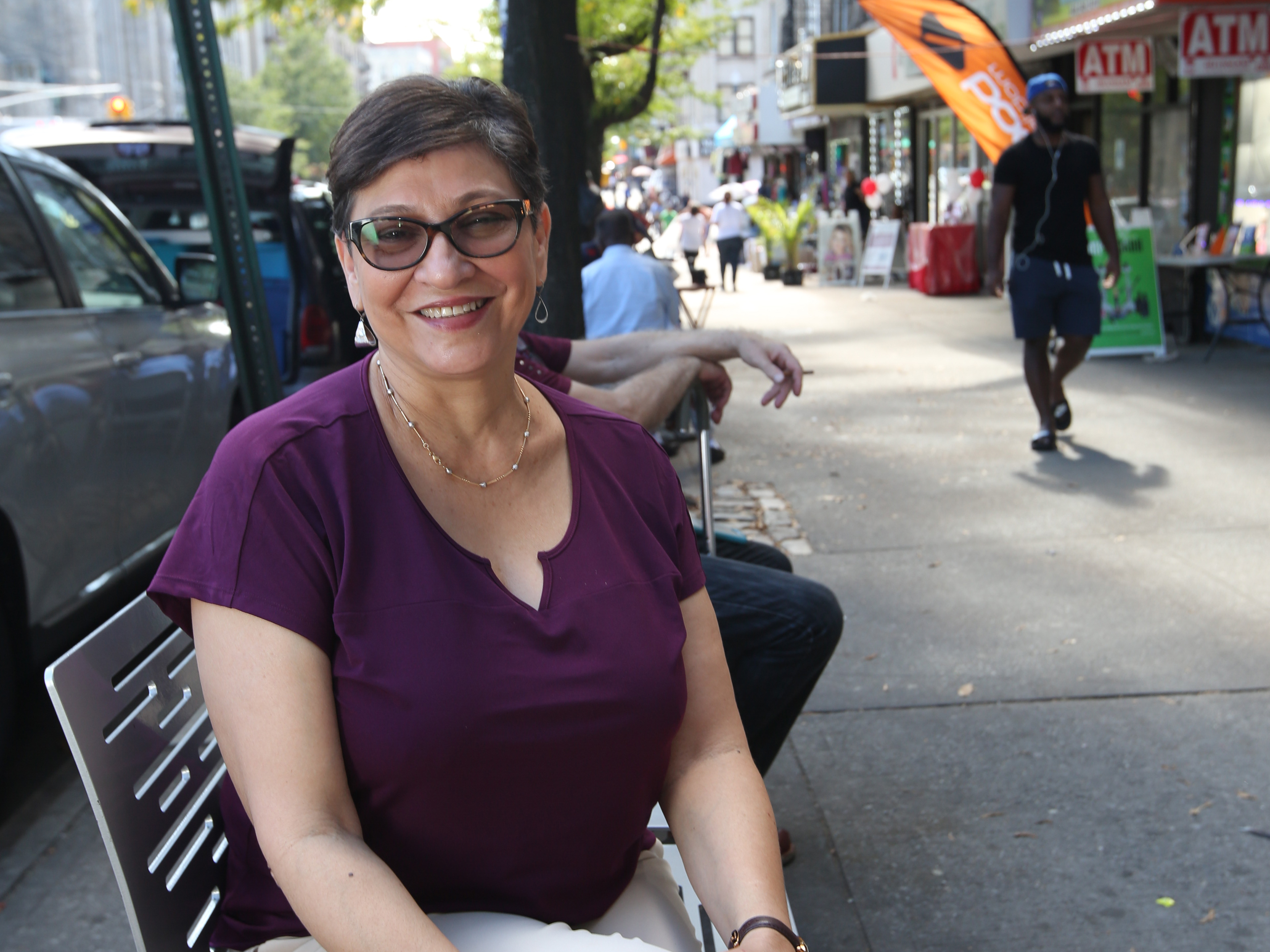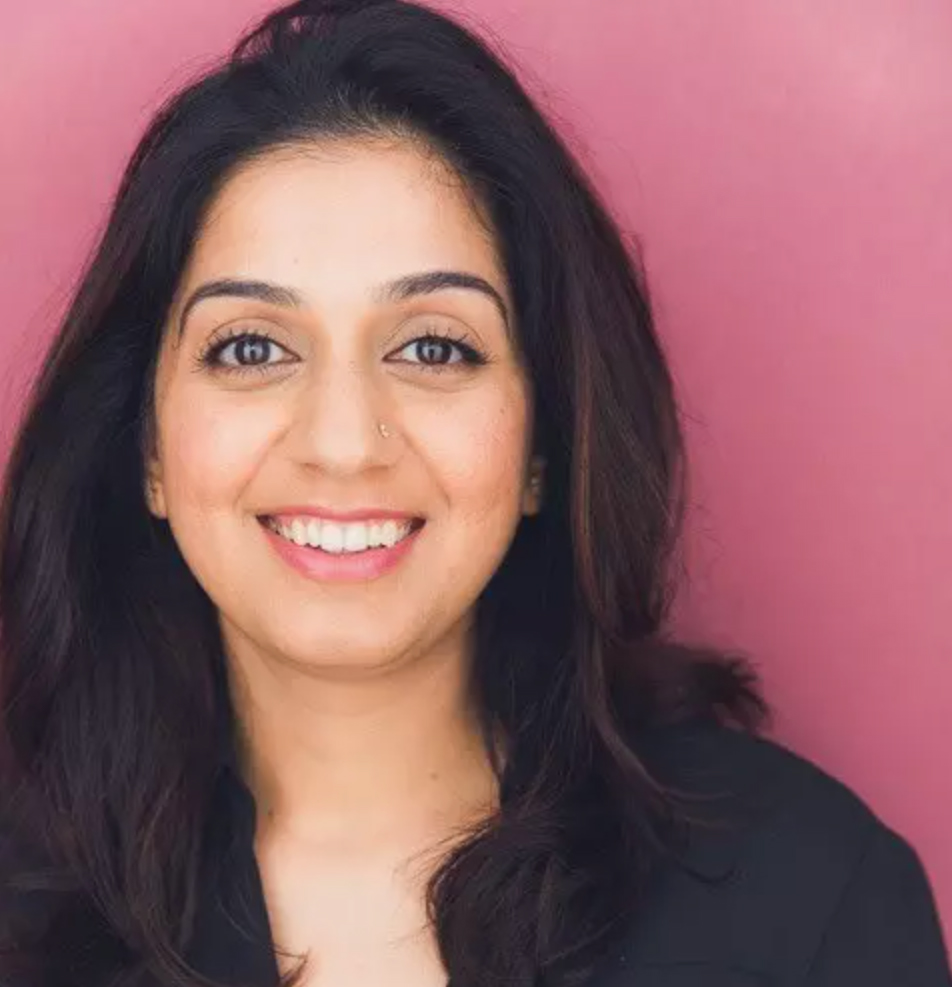It’s already a trial-by-fire moment for any therapist-in-training: the transition from classroom theory to treating actual patients.
But last March, Mandy Newman and other Clinical Psychology doctoral students in training at TC’s Dean Hope Center for Educational & Psychological Services had to navigate that moment online.
Mandy Newman

CHALLENGING INITIATION As therapists-in-training, Mandy Newman and other TC psychology students are seeing their first patients online. (Photo courtesy of Mandy Newman)
“It’s tricky because a lot of the work we do as therapists is about being comfortable with silence — holding space for patients’ anxiety and ambivalence,” Newman said. “When you’re with them, you can sit there and let something materialize. But over the phone or through Zoom, it’s much less possible to follow through with a more intentional silence. Clients often can’t be by themselves in their homes, so they’ll sit outside somewhere, and you hear skateboards, cars honking, people shouting. Or someone’s partner coughs, or there’s just more awkwardness, discomfort and uncertainty from looking at one another onscreen. You’re wondering, does it come from the patient not wanting to speak about something, or is it the result of this novel situation?”
The Dean Hope Center serves hundreds of low-income, minority patients in Harlem, Washington Heights and other neighboring areas, who receive affordable individual and group psychotherapy and other services from student trainees. The Center is also the site of all early training for students in the College’s Department of Counseling & Clinical Psychology.
It was those considerations that — at a point when counseling and therapy clinics nationwide were shutting down — prompted Dean Hope Director Dinelia Rosa to take advantage of the temporary easing of state and federal restrictions on telehealth.
Dinelia Rosa

ADAPTIVE RESPONSE Dean Hope Center Director Dinelia Rosa took advantage of the temporary easing of state and federal restrictions on telehealth in order to move part of the Center's operations online. (Photo: Bruce Gilbert)
Going virtual was not an uncontroversial move. There were concerns about protecting patients’ confidentiality, about the quality of sessions, about excluding patients who didn’t own computers, and even about how billing would work. But ultimately, need was the deciding factor.
“Mental health has been a priority from the beginning of this disaster,” says Lena Verdeli, Associate Professor of Psychology & Education, who directs TC’s Clinical Psychology program and Global Mental Health Lab. “In other crises, the focus is usually on providing food, shelter and medication. But with social distancing, we’re hearing from people who are suffering heartbreak and guilt because they weren’t there to hold loved ones’ hands during their last moments, or to engage in the rituals that would normally follow, or to have the support of the community. People are losing jobs and experiencing changes in their living situations that force them to spend more time with one another under tighter circumstances. If we have the tools to help, we have to use them.”
By early April, about 30 TC students were treating more than 150 patients online, and two students were also leading a small group. Rosa also won approval from the College to financially accommodate patients who had lost their jobs or were facing layoffs because of COVID.
“We have to attend to clients’ primary needs,” she said. “If someone says, ‘I’ve lost my job, I can’t pay my rent, I may lose my apartment’ — we’re not experts, but we’ve got to learn how you apply for unemployment and how you access other kinds of services. I tell my students, it’s not just about feelings — if you’re up on that other stuff, it’s really going to make clients feel supported.”
The students have needed support, too — and they’ve received it from TC’s network of clinical supervisors.
“Your students are in some ways under your care as well,” says clinical supervisor Vijayeta Sinh (Ph.D. ’11), a New York City therapist who also serves as Supervising Psychologist at Mt. Sinai’s Icahn School of Medicine. “The patient is the main responsibility, but students are the point people. They can’t do their jobs if they’re not emotionally OK.”
Vijayeta Sinh

SUPPORTING THE SUPPORTERS Alumna Vijayeta Sinh, who supervises therapists-in-training at Dean Hope Center, says: "They can't do their jobs if they're not emotionally OK." (Photo courtesy Vijayeta Sinh)
Since May, the Center has been allowing students to work online with new patients dealing with COVID-related anxieties or infected with the virus. Students have launched a Dean Hope therapy hotline and an online group for women who recently left incarceration.
All of these efforts may harbinger a new normal, in which online psychotherapy is a staple of the field.
“For a number of years in my global mental health projects, we have been using mobile and telehealth, and my experience has been very positive,” says Verdeli, who has worked with refugee populations around the world. “In an era of climate change, pandemics, state fragility, and widespread displacement, e- and m-health [electronic and mobile health] make provision of mental health care possible.”
“The most important thing is to have people initiate and continue in therapy,” says Melanie Brewster, Associate Professor of Counseling Psychology, who directs TC’s Counseling Psychology program. “The whole field has had to loosen up because of COVID. And I think we’ll see that the world doesn’t fall apart.”
